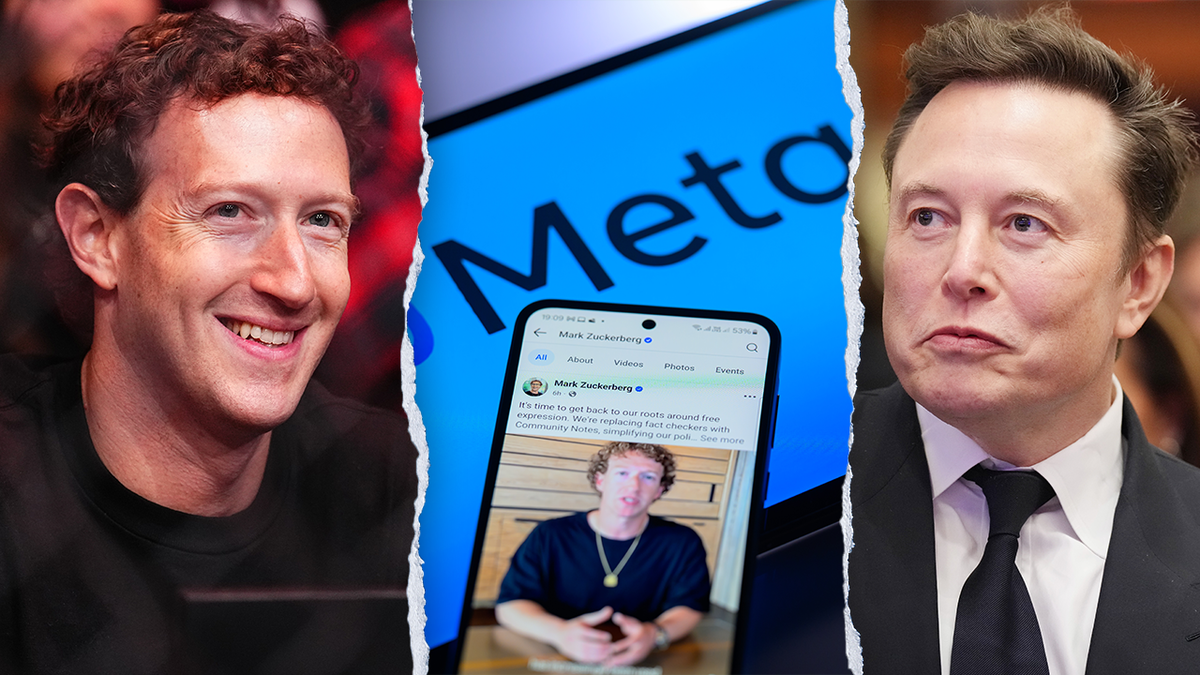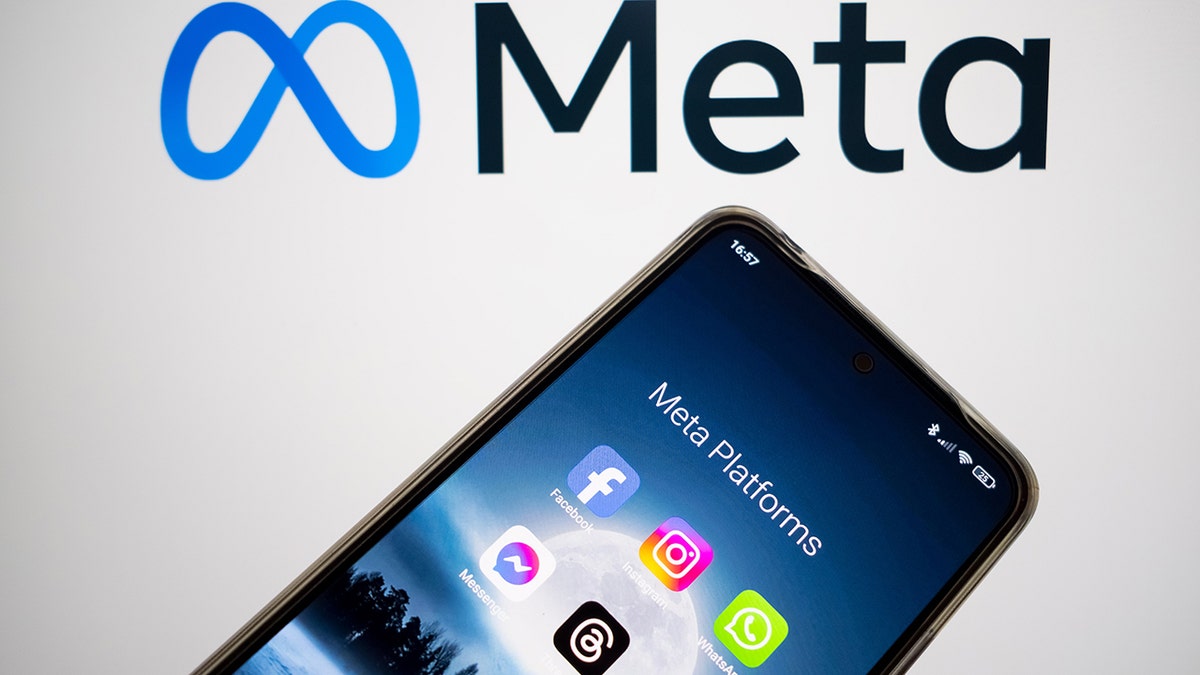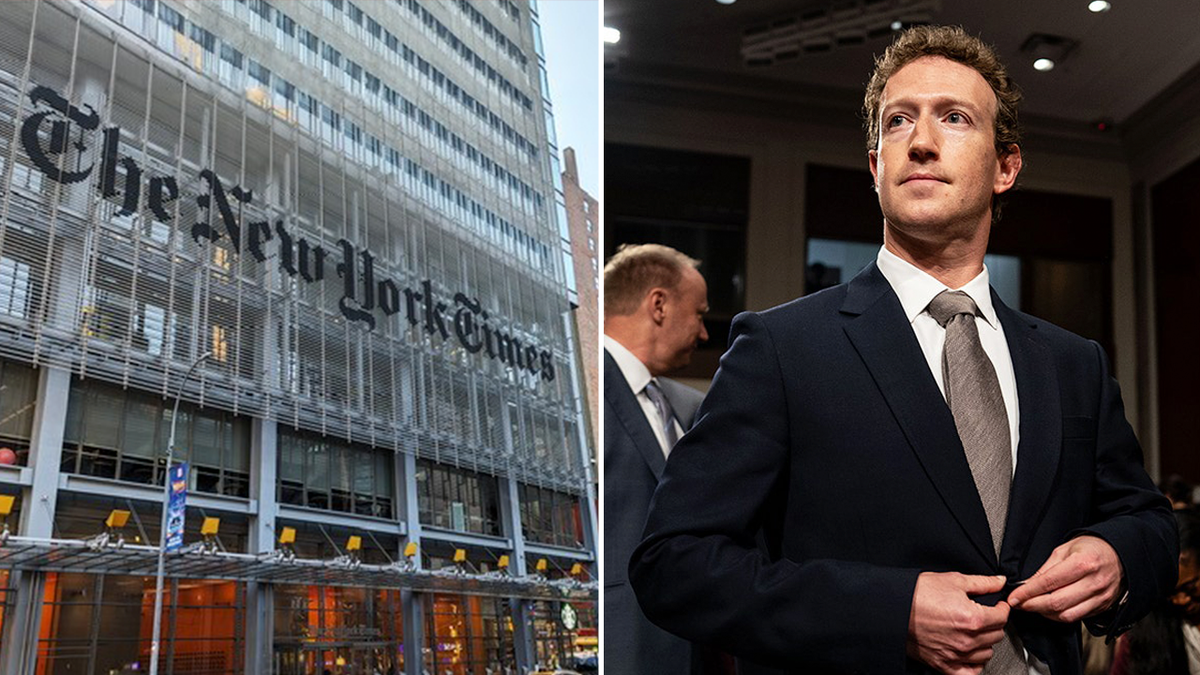Meta's recent decision to overhaul its fact-checking system and embrace a community-driven approach similar to X's Community Notes has sparked both praise and concern. The move, spearheaded by CEO Mark Zuckerberg, replaces the platform's reliance on third-party fact-checkers with a more transparent system where users contribute to content review.
Free speech advocates, like Dan Schneider, Vice President of MRC Free Speech America, view this as a significant victory. Schneider emphasizes the systemic nature of the changes, highlighting Zuckerberg's appointment of new leadership and adjustments to algorithms as substantial steps towards promoting free expression. He believes these changes are "huge victories" for online discourse.
Chris Mattmann, UCLA's Chief Data & AI Officer, echoes this sentiment, applauding Zuckerberg's decision. Mattmann anticipates that the shift will foster a stronger sense of free expression on Meta's platforms, including Facebook, Instagram, and Threads. He suggests that the influence of Elon Musk's transformation of Twitter (now X) and the political landscape likely played a role in this shift.

However, the move has also drawn criticism. Fact-checking organizations and some media commentators express skepticism, suggesting that Meta is shirking its responsibility to moderate content effectively. Concerns have been raised about the potential for misinformation to spread unchecked without the oversight of professional fact-checkers. Some critics liken the situation to removing referees from a game and hoping players will self-regulate.
Scott Baradell, author of "Trust Signals: Brand Building in a Post-Truth World," questions whether Big Tech is abdicating its duty to maintain public trust in the digital sphere. He acknowledges Zuckerberg's noble intentions but questions the timing of the decision, particularly in the wake of a Trump victory.
Meta's previous fact-checking program, implemented after the 2016 election, faced accusations of political bias, particularly from conservatives. Several instances of content removal, including the Hunter Biden laptop story and certain COVID-19 information, fueled these criticisms. Zuckerberg himself admitted that the Biden administration pressured him to remove some content, a decision he later regretted.

Meta's Joel Kaplan acknowledged the concerns about political bias within the third-party fact-checking system, noting that fact-checkers essentially had free rein to target any content they deemed problematic. Kaplan also revealed Meta's intention to revise some of its content moderation policies, particularly those perceived as excessively restrictive on sensitive topics.

Juda S. Engelmayer, CEO of HeraldPR, argues that the core issue lies in the collaboration between fact-checkers and platforms to censor content based on personal biases. She cites the debate surrounding the origins of COVID-19 as an example where censorship hindered open scientific discourse.

Mattmann believes that Meta's transition towards greater transparency, mirroring the Community Notes model, will ultimately benefit the platform. He emphasizes the open-source nature of Community Notes, allowing users to scrutinize the profiles and motivations of those flagging content. However, he also suggests that Meta could further enhance transparency by providing even more insights into the review process. This shift raises fundamental questions about the balance between free speech and responsible content moderation in the digital age.
Comments(0)
Top Comments